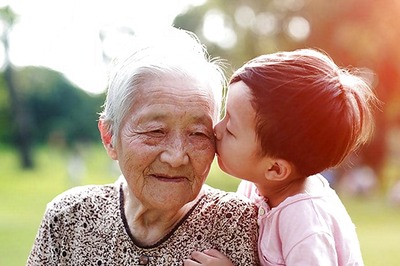
views
Warm relationship with classroom teachers, friendship with peers may provide a unique opportunity for harshly-parented kindergarteners to retool their negative behaviour, a new study suggests.
Angry, threatening and highly-critical parenting can result in children with defiant, non-compliant and revengeful behaviour that spills over to adulthood and impacts relationships with all authority figures, the research team said.
"Acceptance within one's peer group creates opportunities for socialisation and a sense of belonging that acts as a buffer against the impact of harsh parenting," said first author Danielle Roubinov, Assistant Professor at the University of California - San Francisco.
For the study, published in the journal Development and Psychopathology, the team looked at 338 kindergarteners in six public schools in the San Francisco Bay Area.
They found that 10 per cent of the children met the criteria for oppositional defiant disorder (ODD). Among this group, 71 per cent had been exposed to high levels of harsh parenting, versus 29 per cent who had been raised with lower levels of harsh parenting.
ODD is characterised by angry and irritable mood, argumentative and defiant behaviour, and spiteful or vindictive outbursts, according to the Diagnostic and Statistical Manual of Mental Disorders.
In young children, the condition is linked with an elevated risk in adolescence and adulthood for anti-social behaviour, anxiety, depression, substance abuse, criminal offences and incarceration, the team said.
They discovered that when harshly-parented children were liked and accepted by their classmates — according to interviews with their peers and teacher reports — they exhibited fewer undesirable traits.
This subset was found to have 64 per cent lower symptoms of ODD than those who were not liked, the team said.
The team found that positive teacher-student relationships were linked with less aggressive behaviour in children.
"The teacher-child relationship has frequently been framed in terms of extended attachment theory, and a high-quality teacher-child relationship may function in a manner analogous to the secure base of a child's primary attachment, the parent," Roubinov said.
"Warm relationships may improve children's self-regulation, positive emotionality and responsiveness to warnings about oppositional behaviour," Roubinov noted.



















Comments
0 comment